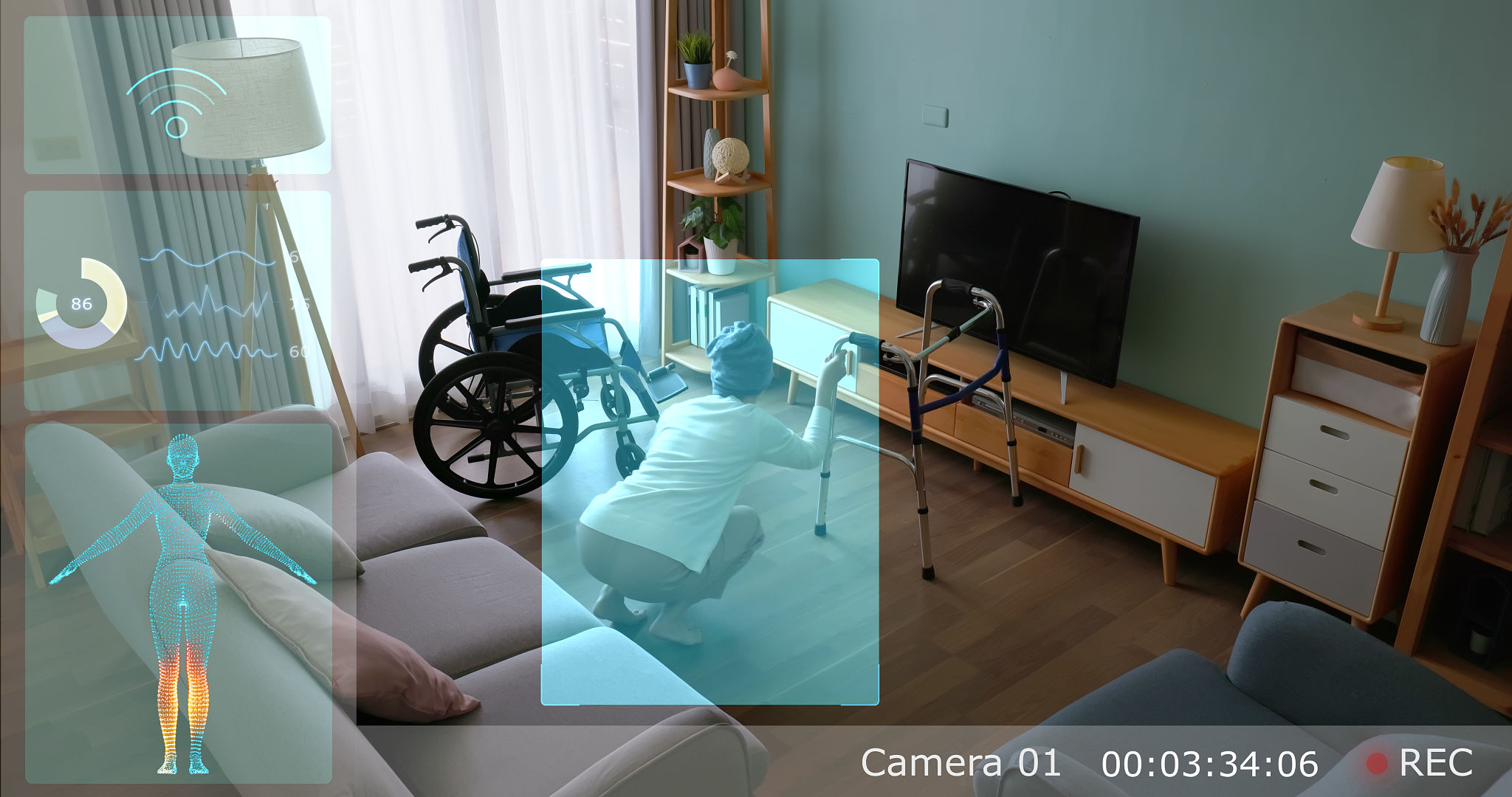The Future of Remote Healthcare: How Telemedicine is Transforming Patient Care
TA
The Evolution of Telemedicine
In recent years, the healthcare landscape has experienced a significant transformation, primarily driven by advancements in telemedicine. This revolutionary approach to patient care leverages technology to provide medical services remotely, bridging the gap between healthcare professionals and patients who may be separated by vast distances. As we navigate the digital age, telemedicine is becoming an integral component of modern healthcare delivery.
Telemedicine initially emerged as a solution for patients in rural or underserved areas, offering access to healthcare services that might otherwise be unavailable. However, its application has quickly expanded, and today, it plays a pivotal role in enhancing accessibility and efficiency across the healthcare system. With the advent of high-speed internet and sophisticated communication tools, telemedicine is poised to redefine how patient care is delivered worldwide.

Benefits of Telemedicine
One of the most significant advantages of telemedicine is its ability to improve access to care. Patients can now consult with healthcare providers without the need for extensive travel, reducing the burden on both patients and medical facilities. This approach not only saves time but also ensures that individuals receive timely medical attention, which can be crucial in certain situations.
Additionally, telemedicine fosters greater convenience and flexibility for patients. Virtual consultations allow individuals to receive medical advice and treatment from the comfort of their own homes, accommodating those with mobility issues or busy schedules. As a result, telemedicine is helping to eliminate barriers to healthcare access and promote overall well-being.

Technological Advancements Driving Telemedicine
The evolution of telemedicine is closely linked to advancements in technology. High-resolution video conferencing, secure data transmission, and sophisticated diagnostic tools have all contributed to the effectiveness of remote healthcare. These technologies enable healthcare providers to conduct thorough examinations and deliver accurate diagnoses, ensuring that patients receive high-quality care regardless of their location.
Moreover, wearable health devices and mobile health applications are further enhancing the capabilities of telemedicine. These tools allow patients to monitor their health metrics in real-time and share data with their healthcare providers, facilitating proactive management of chronic conditions and personalized treatment plans.

Challenges and Considerations
Despite its numerous benefits, the widespread adoption of telemedicine is not without challenges. One major concern is ensuring patient privacy and data security. As healthcare information is transmitted electronically, it is imperative to implement robust security measures to protect sensitive patient data from breaches and unauthorized access.
Additionally, there are challenges related to technology access and literacy. Not all patients have equal access to high-speed internet or the necessary devices to participate in virtual consultations. Addressing these disparities is crucial for ensuring that telemedicine can reach its full potential as a tool for equitable healthcare delivery.
The Future of Remote Healthcare
The future of remote healthcare looks promising as telemedicine continues to evolve and expand its reach. As technology advances, we can anticipate even more innovative solutions that will further enhance patient care and streamline healthcare processes. From artificial intelligence-driven diagnostics to virtual reality therapy sessions, the possibilities are endless.
Healthcare providers and policymakers must work collaboratively to address current challenges and ensure that telemedicine remains a viable and effective option for all patients. By prioritizing patient privacy, technology access, and education, we can harness the full potential of telemedicine to transform the future of healthcare.
